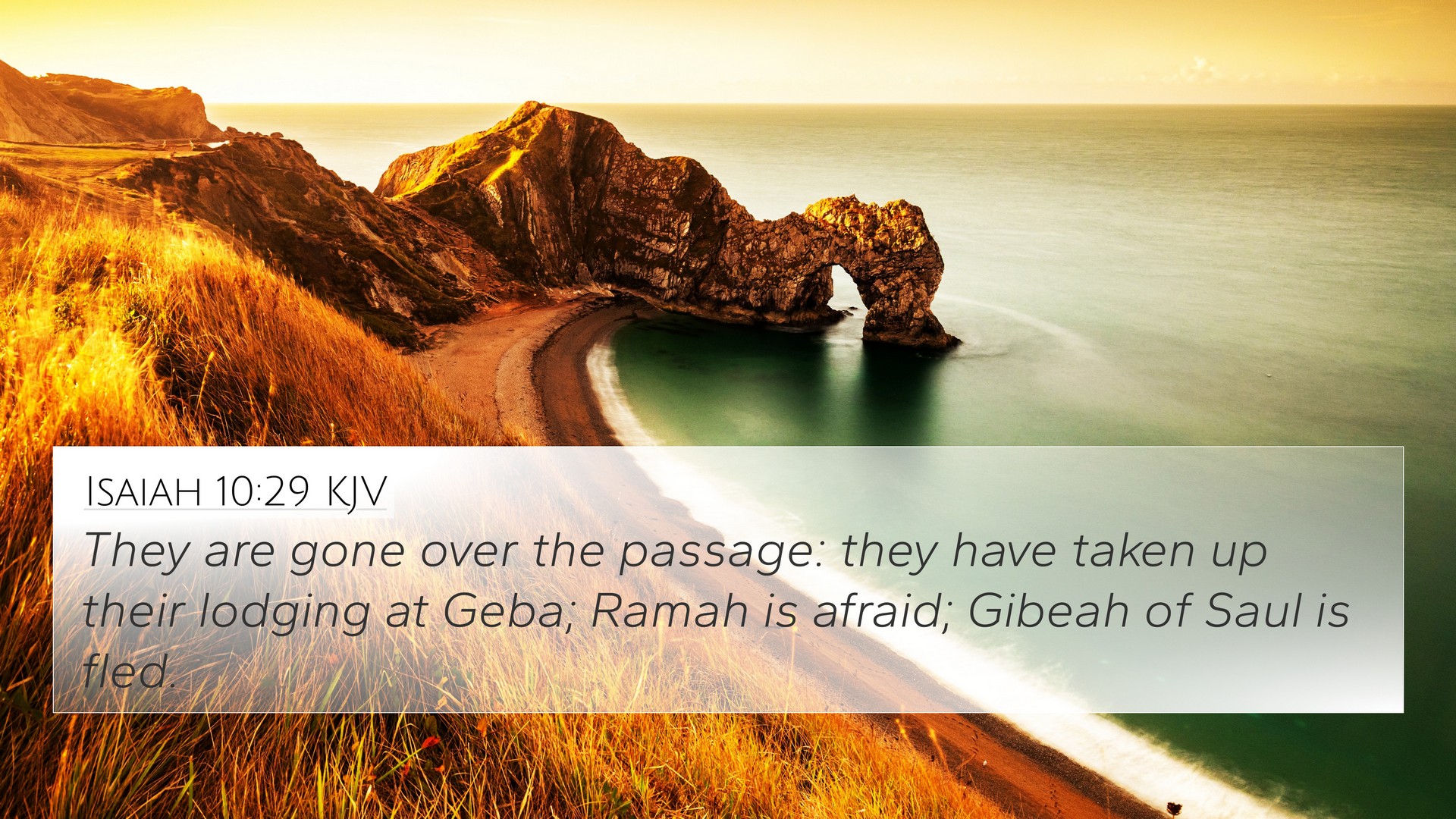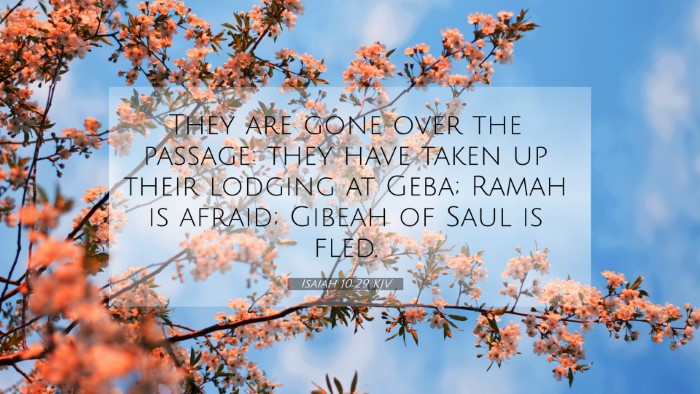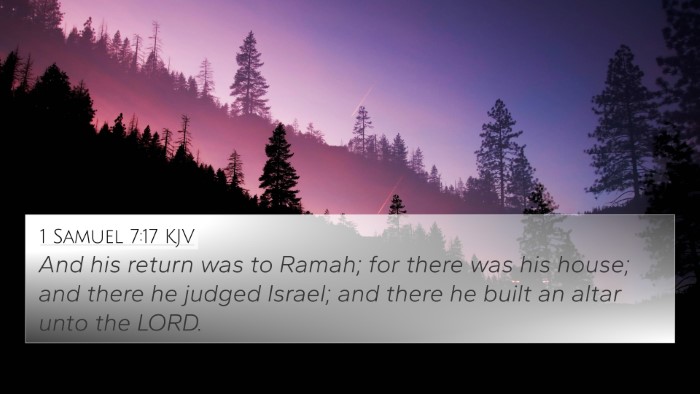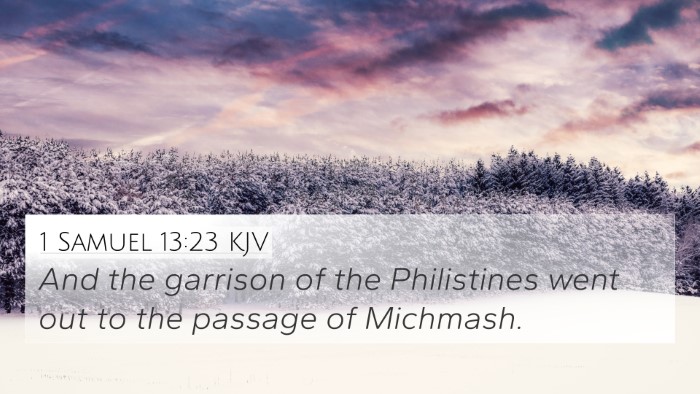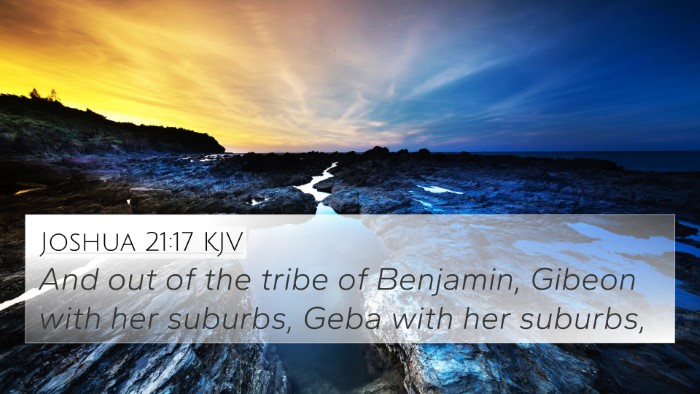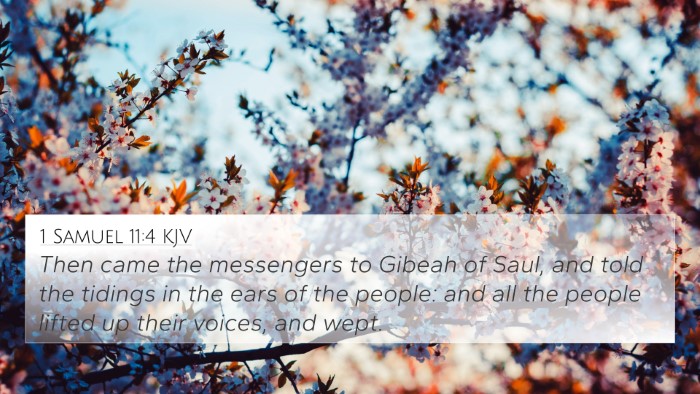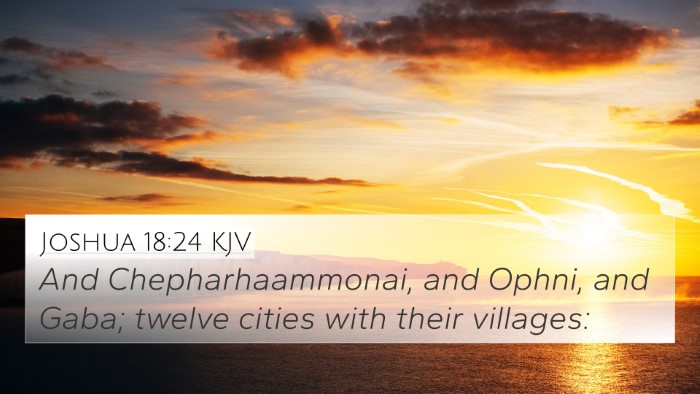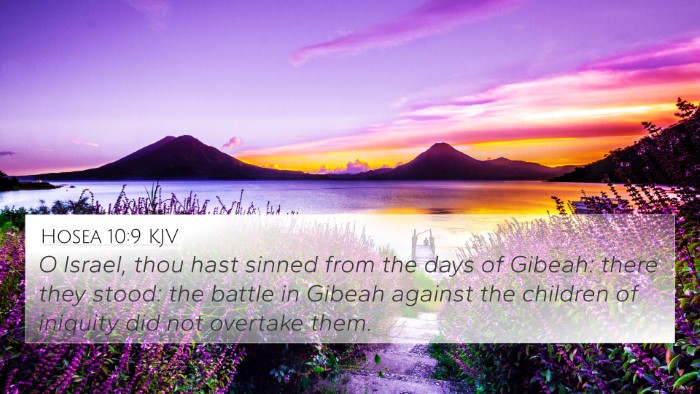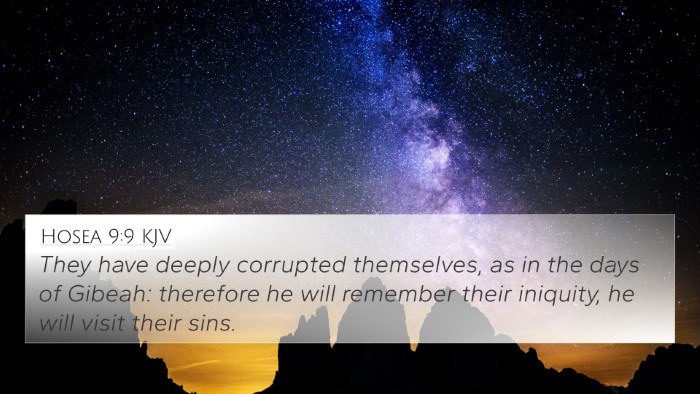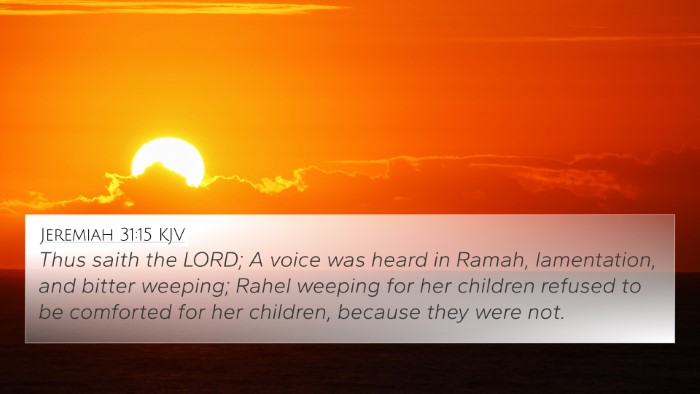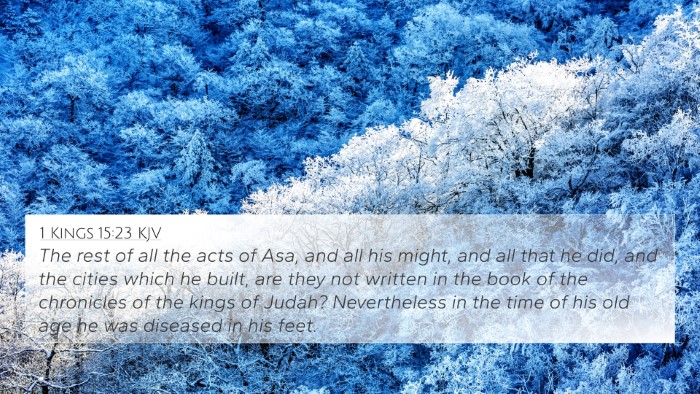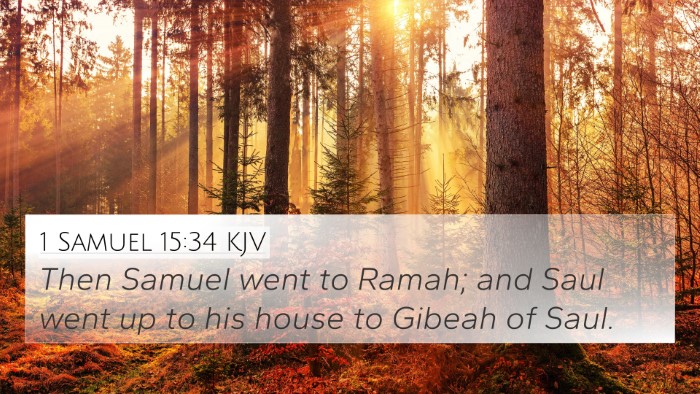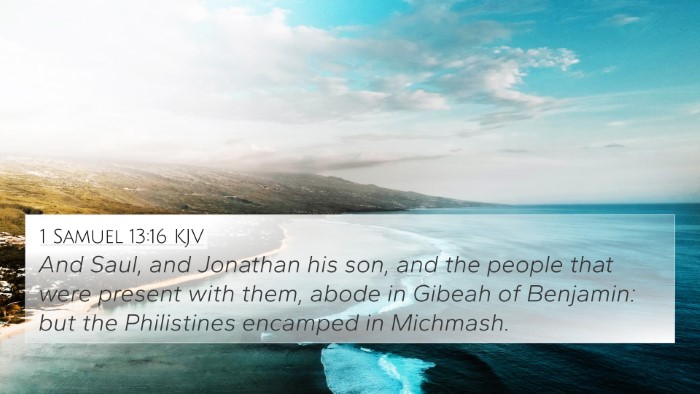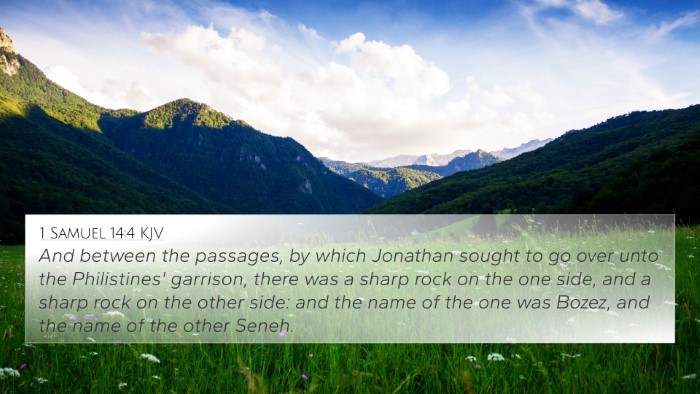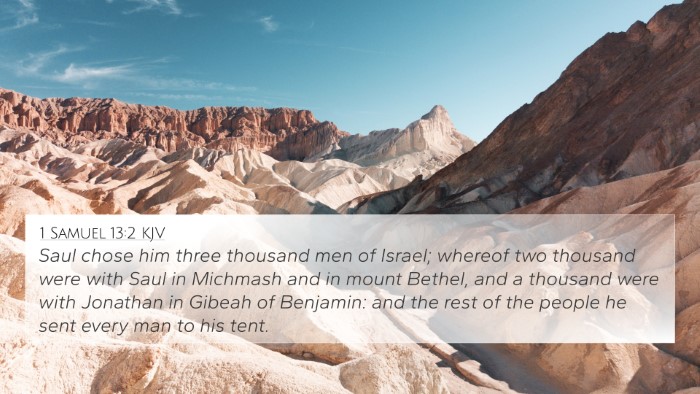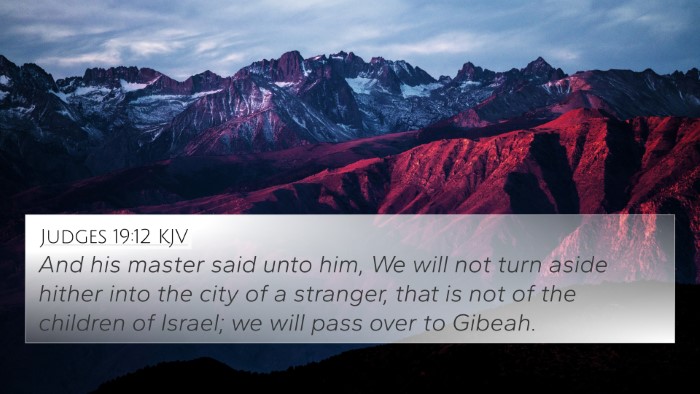Understanding Isaiah 10:29
Isaiah 10:29 states: “They have gone over the pass of Peniel; they have taken up their lodging at Geba; Ramah is afraid; Gibeah of Saul is fled.” This verse is presented in the context of Isaiah's prophecy concerning the judgment on Israel and the surrounding nations.
Context and Setting
This verse situates the reader within a geographical and historical framework, referencing places that signify both military strategy and the fear that gripped the people of Israel. The mention of locations such as Peniel and Geba paints a vivid picture of the impending doom that is encroaching upon God's people.
Commentary Insights
-
Matthew Henry:
Henry emphasizes the significance of these cities as they reflect the fear and disarray experienced by Israel in the face of enemy threats. The mention of Ramah and Gibeah captures the essence of Israel’s progressive decline and the consequences of their disobedience to God.
-
Albert Barnes:
Barnes notes that the routing through these cities signifies a time of distress, showcasing the futility of resistance when God’s judgment is upon a nation. He highlights the psychological impact of such military movements, particularly on the inhabitants of the towns mentioned.
-
Adam Clarke:
Clarke elaborates on the strategic locations indicated in the verse and their symbolic meaning within the narrative of Israel's history. He discusses how the mention of fear in Ramah acts as a prophetic reflection of the nation’s overall state as they faced impending invasions.
Cross-References and Connections
Isaiah 10:29 connects with various other scriptures that resonate with its themes of judgment, fear, and the geographical relevance of prophetic utterances. Below are seven significant cross-references that illuminate the meanings and implications of this verse:
- 2 Kings 15:29: Discusses the events during the reign of King Pekah and the capture of several cities in Israel, reflecting a time of crisis similar to that in Isaiah 10:29.
- Jeremiah 31:15: Refers to Rachel weeping for her children as a portrayal of sorrow that corresponds with the desolation mentioned in Isaiah.
- Micah 1:10: Calls upon the inhabitants to grieve as their cities face destruction, linking to the emotional state of the people in Isaiah 10:29.
- Isaiah 8:6: Explains how Israel rejected the waters of Shiloah and invokes God's judgment, a theme echoed in the fear expressed in Isaiah 10:29.
- Jeremiah 48:5: Talks about fear and fleeing as a consequence of enemy approach, resonating with the imagery in Isaiah 10:29.
- Isaiah 9:12: Comments on the surrounding nations and their interaction with Israel, illustrating the broader context of conflict.
- 2 Chronicles 28:5: Relates to the devastation faced by Israel due to its unfaithfulness, paralleling the judgment theme found in Isaiah.
Thematic Connections and Significance
Isaiah 10:29 serves as a crucial juncture in understanding the dynamics of God's judgment versus Israel's rebellion. The thematic connections with other verses highlight a continuous narrative of disobedience leading to fear and desolation.
As we explore these connections, we can understand how the geographical associations in the verse enrich our comprehension of the emotional and spiritual state of Israel during a time of great tumult.
Tools for Further Study
To delve deeper into the cross-referencing of biblical texts, readers are encouraged to utilize various tools such as:
- Bible Concordance: Aids in identifying words and themes across the scripture.
- Bible Cross-Reference Guide: Provides structured connections between verses that relate thematically and contextually.
- Bible Chain References: Facilitates an exploration of interconnected scripture passages.
Conclusion
Isaiah 10:29 encapsulates a critical moment of fear and judgment within Israel's history, reflecting the divine responses to their disobedience. Its connections to various other biblical texts allow for a richer understanding of God's sovereign plan in both judgment and redemption. The insights from public domain commentaries like those by Matthew Henry, Albert Barnes, and Adam Clarke not only provide clarity but also encourage deeper engagement with the Word of God.
FAQs on Isaiah 10:29
What verses are related to Isaiah 10:29?
Verses like 2 Kings 15:29, Jeremiah 31:15, and others provide meaningful cross-references that illuminate the themes presented in Isaiah 10:29.
How do Isaiah 10:29 and Jeremiah 31:15 connect?
Both verses express deep sorrow and fear stemming from tragic events facing Israel, emphasizing the emotional landscape during times of judgment.
What is the significance of the cities mentioned in Isaiah 10:29?
These cities illustrate the military movements and vulnerabilities of Israel, indicating a state of fear and impending crisis that God was addressing through the prophet Isaiah.
